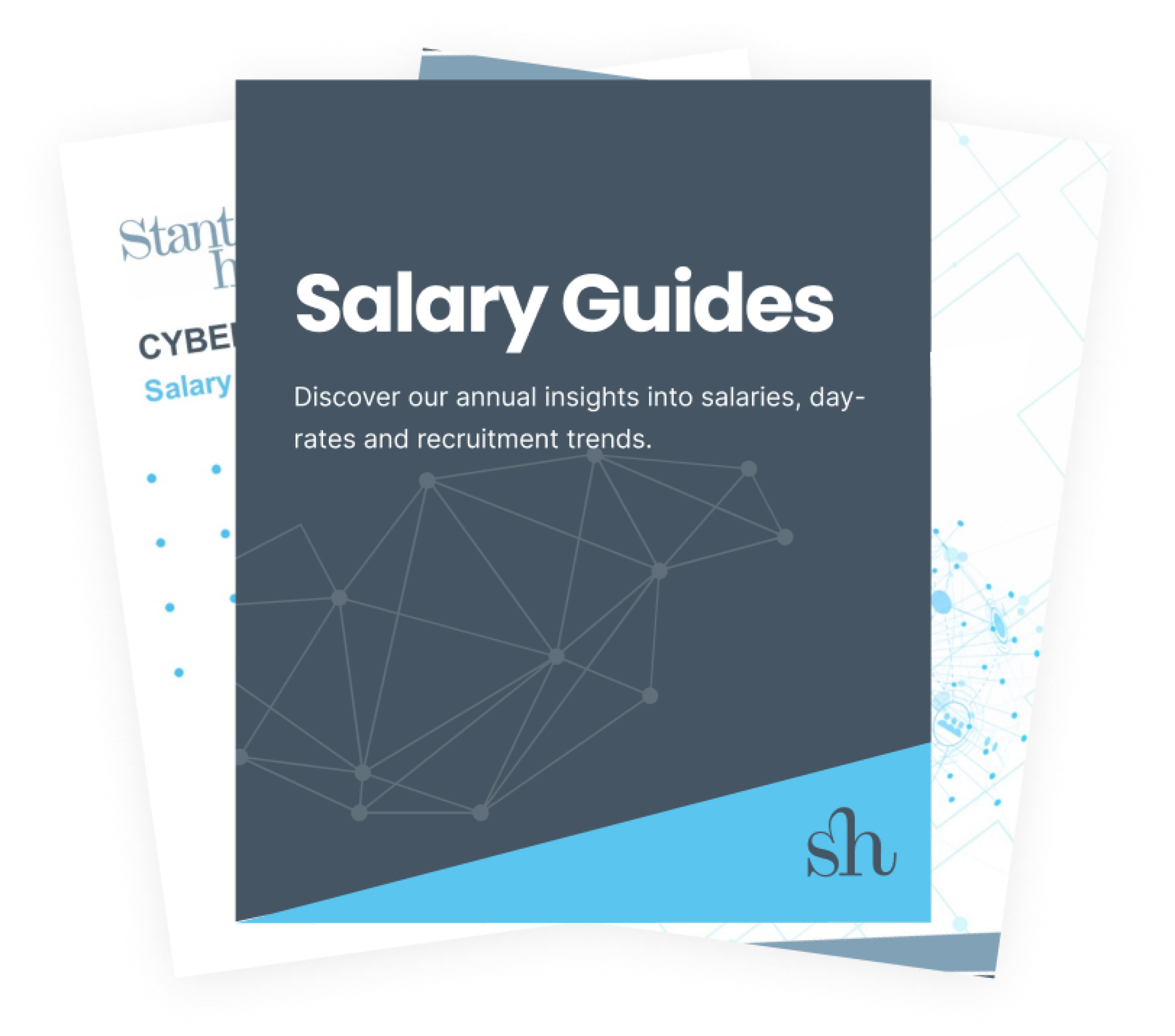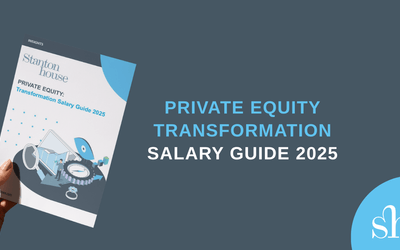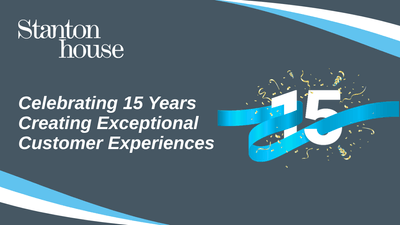
Today is Blue Monday
Today is Blue Monday.
In the 1800s the term Blue Monday was coined from the hungover state of the workforce after a weekend spent drinking, and the association of the colour blue with a depressed state of mind. However, these days the hangovers have diminished slightly, but the feeling of doom and gloom has remained, and Blue Monday is now more commonly known as the third Monday of the month. Renowned for going back to work, bleak weather and what seems like years away from payday.
Well, we can’t change the weather or pay cycles, but we can change our job. In a recent survey, almost 50% of people here in the UK feel depressed due to being on the wrong career path or being in a job they dislike. Given that the average worker spends over 3,500 days at the workplace, in their lifetime. It is important to ensure that the time you invest in your job is equally gratifying for your own long-term career goals and is not making you feel ‘blue’.
Feeling down due to being in the wrong job is hard on your body and mind and can lead to sleep problems, general aches and pains, raised blood pressure, headaches, muscle tension, digestive issues, or regular flu, colds and mental health issues.
Perhaps understanding why, you want to leave your job is key, if you are feeling especially ‘blue’ about the return to work this January.
So, if you’re sitting there and any of the above resonates with you, we always encourage you to speak to your manager in the first instance. Make sure you explore all internal opportunities before looking at what is out there. You might even have new options presented to you! Just be sure that you make informed decisions about your current employer before you even start your job search elsewhere.
If you’re unhappy in your current role and think a change needs to happen, whether that is in the form of a career re-adjustment or a new role then this is for you. We work with hundreds of professionals who are all in the same boat. Either they are thinking of leaving a current role or they have already decided to resign. In any case, it is always worth reflecting on ‘why’ you might want to leave in the first place... If you want more guidance on this, feel free to request our transitioning into a new role guide from me at Ben.Adcock@StantonHouse.com.
So, what are the easy, first steps you can make towards a positive change? Here we break down the reasons why you might feel down in your current role to help you understand your next steps. If you’re feeling like none of the below applies to you, then it might be time to look elsewhere. We provide some crucial steps you can take, to avoid feeling ‘blue’ from your current role this year and help you secure a new one!
Reflect on ‘why’ you want to go
Are you in search of a new challenge?
If you’re looking back over the last couple of years and you are in the same routine, producing the same work, not learning any new or valuable skills, then it is probably time to consider your options. You might find comfort in routine and consistency; however, this can lead to boredom. This will ultimately stifle your performance and progression.
Finding opportunities to develop your skills and expertise in your current role, or indeed elsewhere, will ensure you continue to contribute, develop and grow as a professional.
Has your team changed recently?
Sometimes, a change in team dynamics can influence your decision to stay or go. Perhaps, you’ve just started working with a new boss or colleague with whom you don’t get along? Or maybe, a new or even existing leader, has implemented new ways of working which has led to a negative culture change?
It is important to consider, whether this change is permanent or transient. If it is the former, don’t let things get worse before you decide to make a move. This can impact your confidence and ability to secure another role.
Is your progression too slow?
Have you recently been feeling like you need to develop more or are you feeling down about your accomplishments and career progression? Sometimes, this can be the biggest motivator to move into a new job. In a recent report by Mckinsey, 41% of people surveyed stated that the main reason for looking elsewhere was due to a lack of career development and advancement.
If you are in this situation, you should step away from the emotional element as much as you can and first try to decipher the blockers to your progression within your current role. If you are sure there is no way to improve your current performance, contribution or progression in your existing role, then seeking a new opportunity, in a new environment makes complete sense. We can help you with that!
Are you not being rewarded appropriately?
Are you enjoying your current role but feeling you are under-compensated? If so, you’re not alone as 36% of people surveyed felt the same! Arm yourself with knowledge of the market. We provide comprehensive salary guides to help you benchmark your salary. Take these benchmarking tools into conversations with existing or prospective employers.
And should you decide that you would be happier elsewhere then…
Consider your longer-term career goals
Use the next month to reflect on your career to date. Analyse your career milestones and achievements for interview purposes and put some goals in place for the future. Create a brag book of your achievements and list out everything you’ve done of note to date, write down where you want to be in two and five years, and what needs to happen to get there. Your next role might shape your future career path, so it is important that you make the right choices now.
Update your LinkedIn information
Your LinkedIn profile is very important and acts as an online CV. Most employers and recruiters will look you up online and use your LinkedIn profile alongside the CV that you have provided to assess whether to take your application forward. Get your LinkedIn profile up to date and sign up for relevant job feeds and groups. Reach out to us to get a copy of our LinkedIn and Personal Branding Guide to help you with this.
Create a killer CV
Once you have taken these steps to prepare for your search, you will need to create a winning CV. With your LinkedIn up to date, you should find this a much simpler process. Browse all of our job search advice for more insights or get in touch with one of our expert consultants to explore your opportunities.
Take the time to understand what is making you feel ‘blue’ this January. If your job is playing a big part in your mood, then make sure you assess ‘why’ this might be before making any big decisions this new year. Why not browse our advertised jobs or contact me at Ben.adcock@StantonHouse.com for more information about our latest opportunities within Change and Transformation.



















